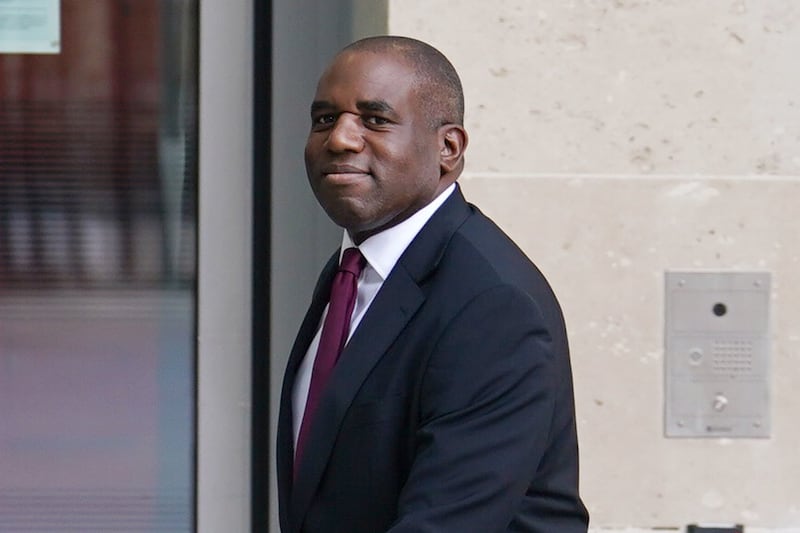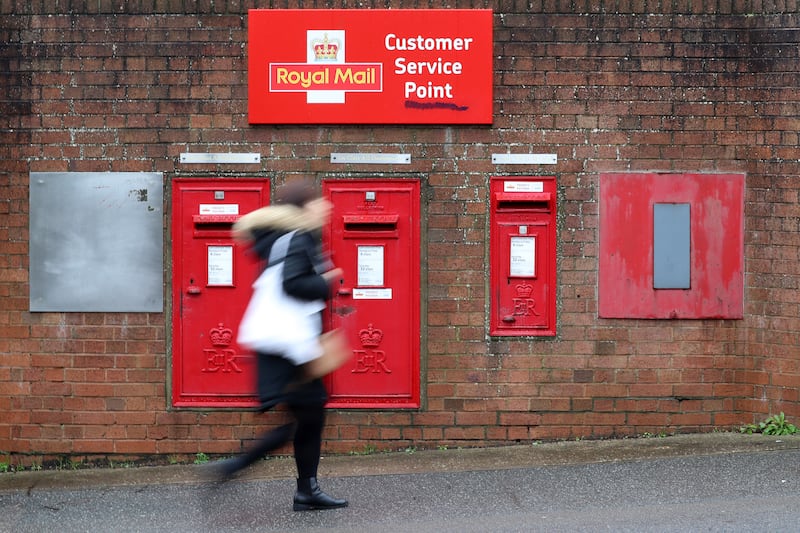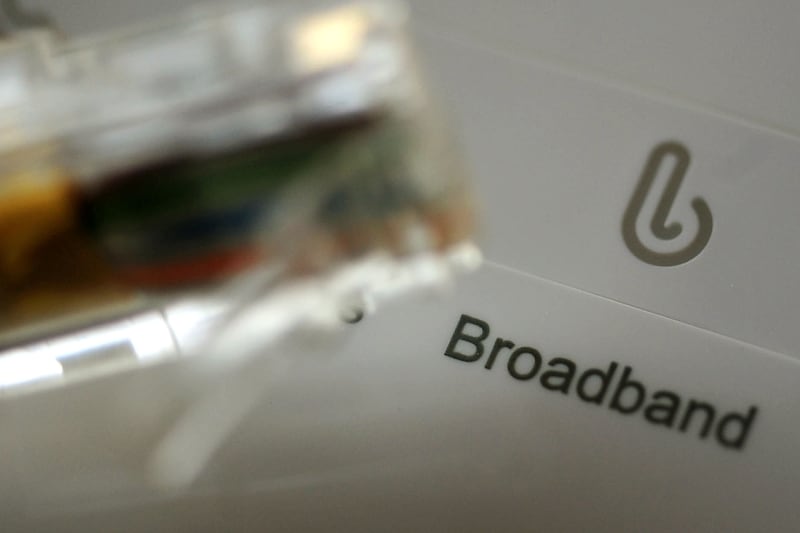THE increasing availability of content-rich websites, online streaming services such as Netflix and cloud-based applications means people and businesses increasingly expect reliable, resilient and stable broadband connections.
Ofcom’s latest Connected Nations report shows the quality and reach of fixed broadband infrastructure in Northern Ireland continues to improve.
Superfast broadband – defined as a download speed of 30Mbit/s or more – was available to 89 per cent of local homes and businesses by September, up from 86 per cent a year earlier.
The report also shows the average download speed of a connected broadband service here rose by 10 per cent in the year, from 39Mbit/s to 43Mbit/s while average monthly data usage per connection has increased by 28 per cent to 240GB.
Meanwhile, coverage of ‘ultrafast’ broadband in Northern Ireland, which Ofcom defines as speeds of 300Mbit/s and above, has risen to 38 per cent of properties, from 25 per cent last year, largely as a result of continued upgrades by Virgin Media to its high-speed network.
There has also been a significant increase in the number of premises passed by full-fibre networks. Such services are capable of delivering very high speeds, well in excess of 300Mbit/s.
Some 12 per cent of premises in Northern Ireland, which is highest of the UK nations, now have access to full-fibre services.
However, there still some 40,000 properties, or 5 per cent of the total, that still cannot get the broadband speeds needed to meet a typical household’s needs. Most of these are in rural areas.
One-in-five premises (19 per cent) in the Fermanagh and Omagh Council area can’t get a service delivering more than 10Mbit/s. Mid Ulster (11 per cent) and Newry, Mourne and Down (8 per cent) also have significant numbers of premises that fall into this category.
Availability of these services is lower in rural areas, not just in Northern Ireland but right across the UK, because of the increased costs of deploying communications infrastructure to serve areas where there are few customers or where the costs of building infrastructure are higher.
The effect is most keenly felt in Northern Ireland, where our rural population is more evenly spread.
It is frustrating for those affected but progress is being made. The number of premises without decent broadband has fallen by 15,000 in the last year and more work is planned.
Ofcom is supporting investment in ultrafast broadband, more reliable fibre networks but also taking action to ensure that even those who cannot currently get a decent connection are able to legally request one to be installed.
The broadband Universal Service Obligation, due to be introduced in 2020 and which will give consumers and businesses the right to request a decent broadband connection, will help those with the slowest connections.
Alongside this, operators and government are involved in several Northern Ireland-specific projects that will improve the region’s broadband infrastructure.
The Department for the Economy is progressing Project Stratum, its planned £150 million investment in broadband, which is aimed at those premises that can’t get a service capable of delivering download speeds of at least 30Mbit/s.
Through its Project Lightning programme, Virgin Media has significantly expanded its ultrafast broadband network in Northern Ireland since 2016, with further expansion planned.
Meanwhile, Belfast has been confirmed as the first city in Northern Ireland to join Openreach’s Fibre First programme, with Openreach making gigabit capable full fibre services available to customers over its network in the city from this year.
These initiatives will ensure consumers and the wider economy will enjoy faster, more reliable broadband connections in the years ahead.
:: Jonathan Rose is director of Ofcom Northern Ireland








